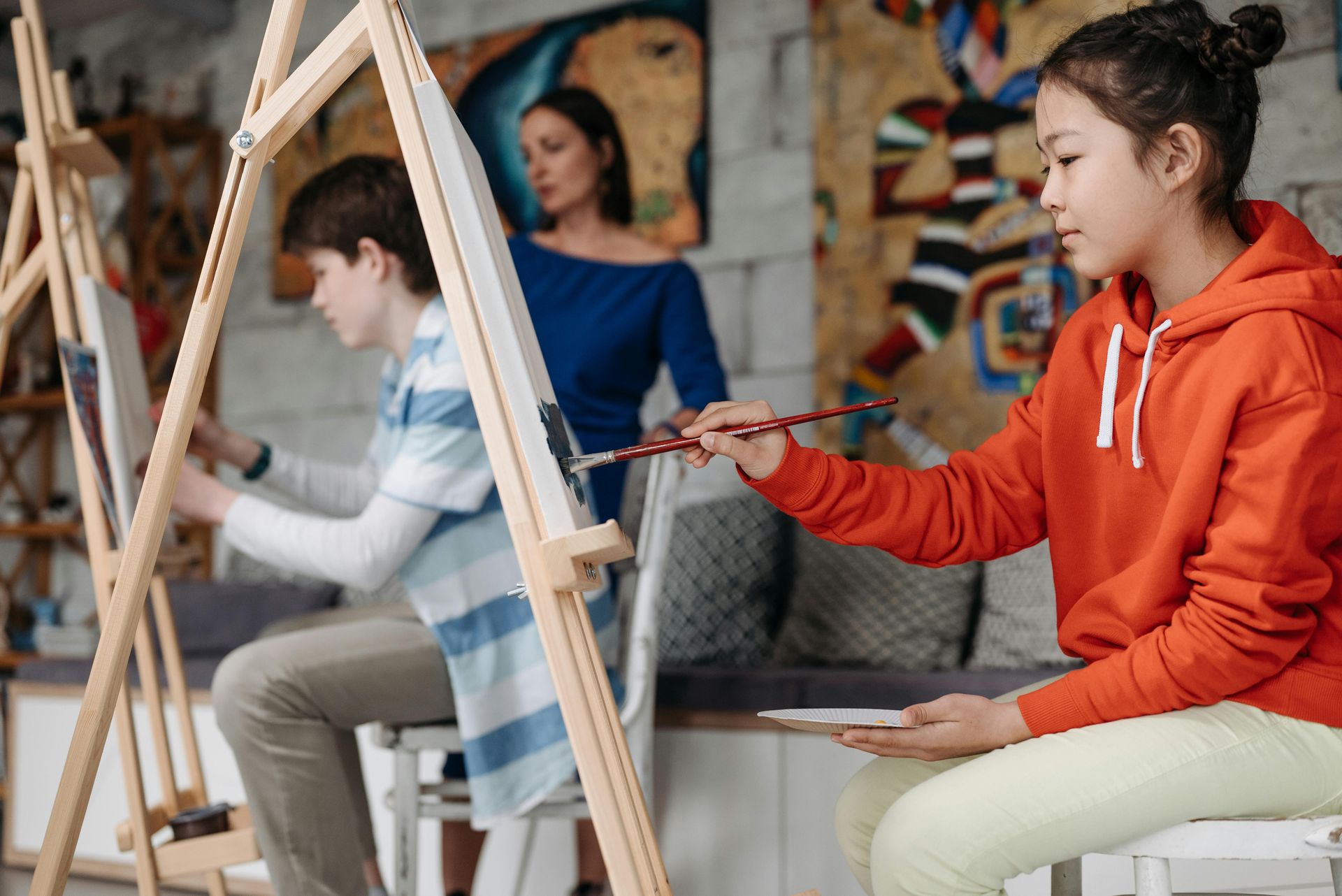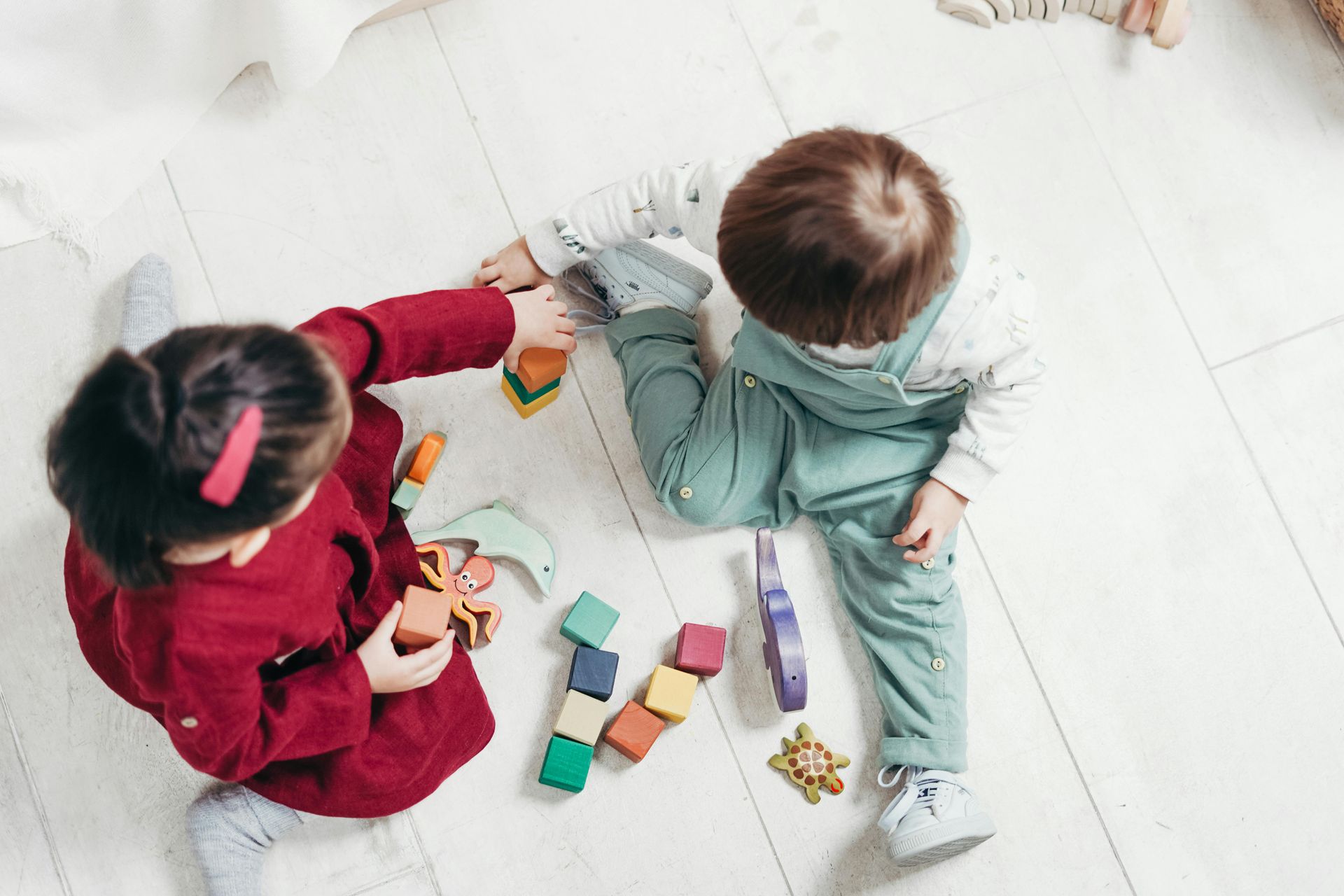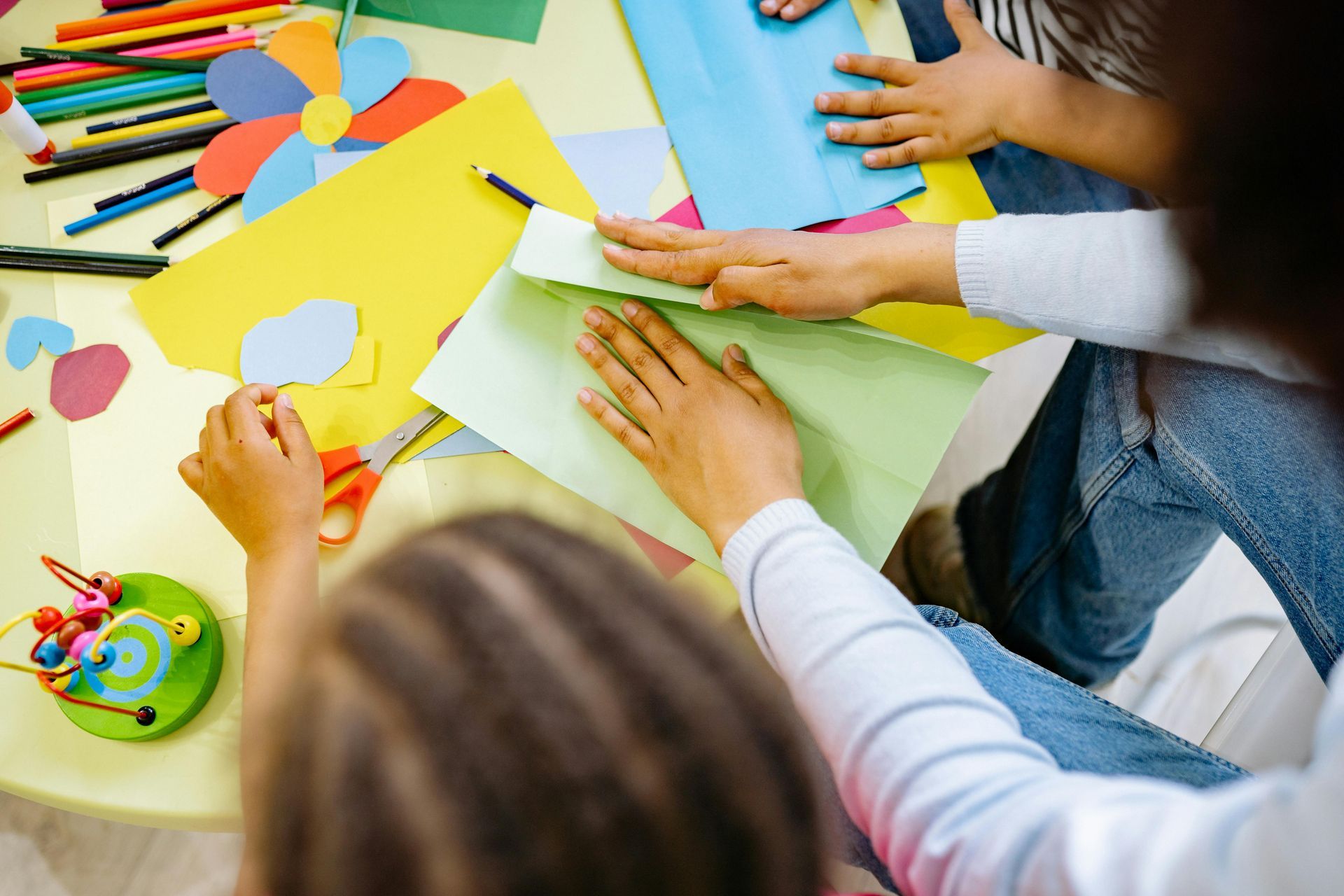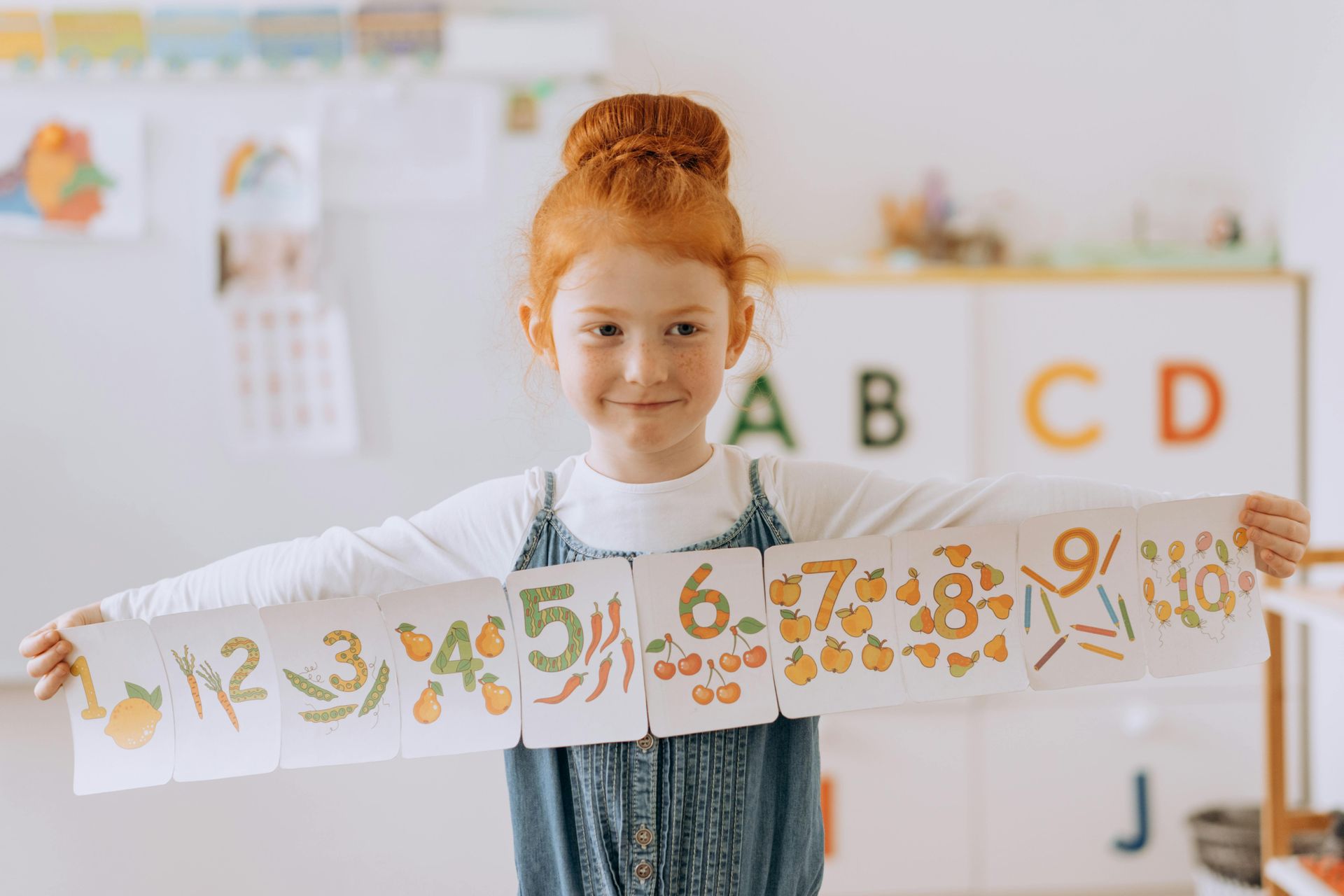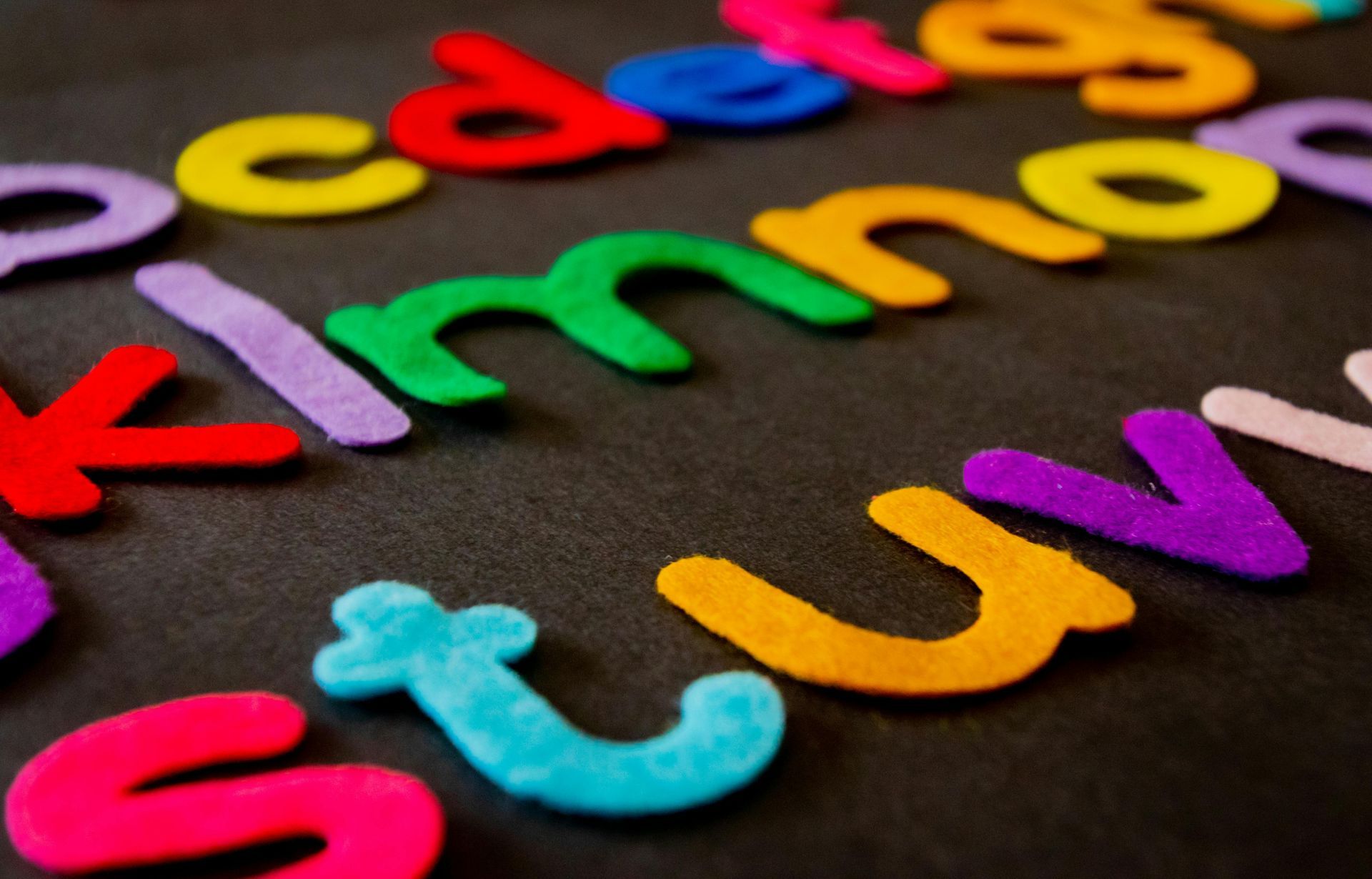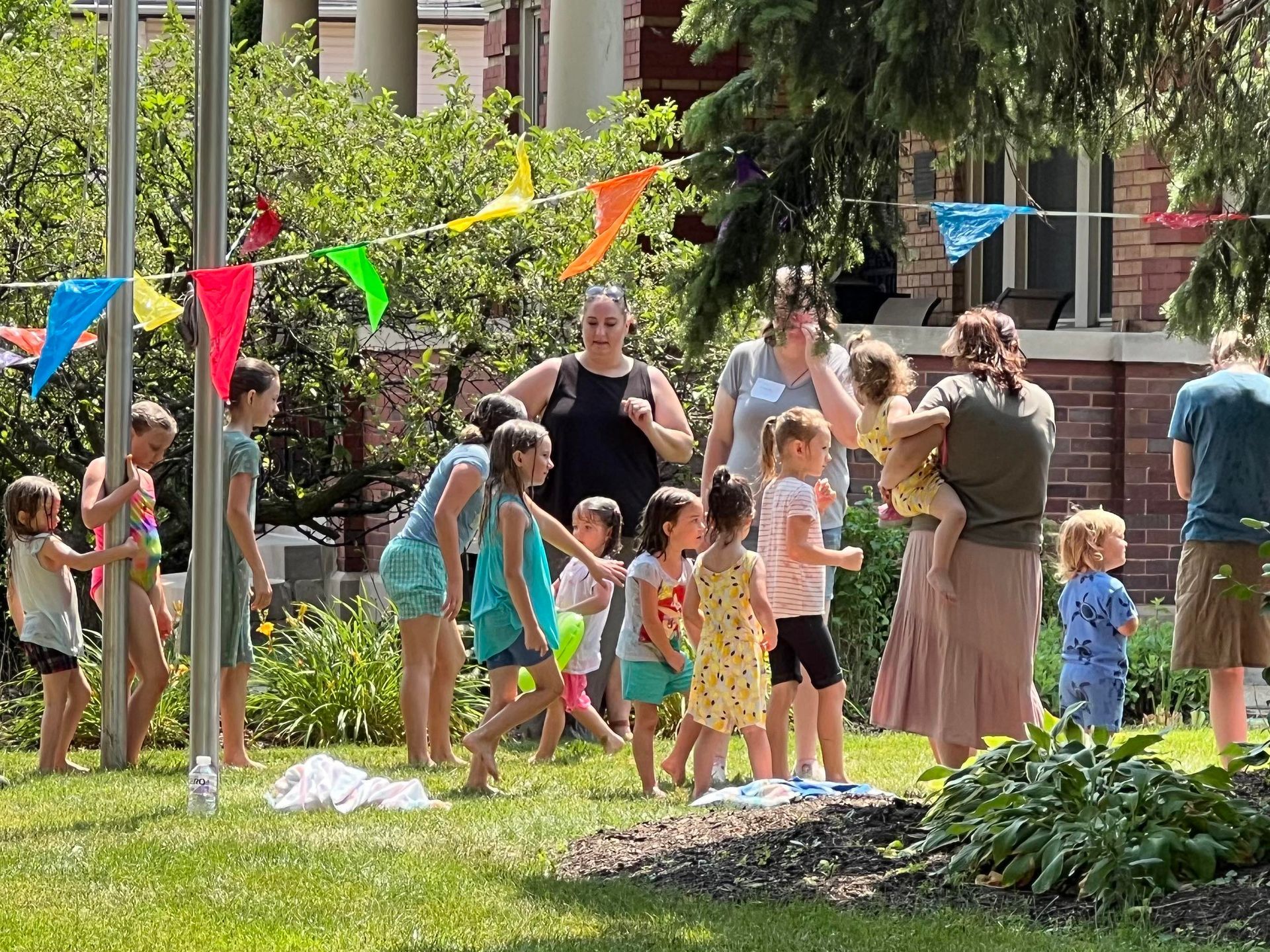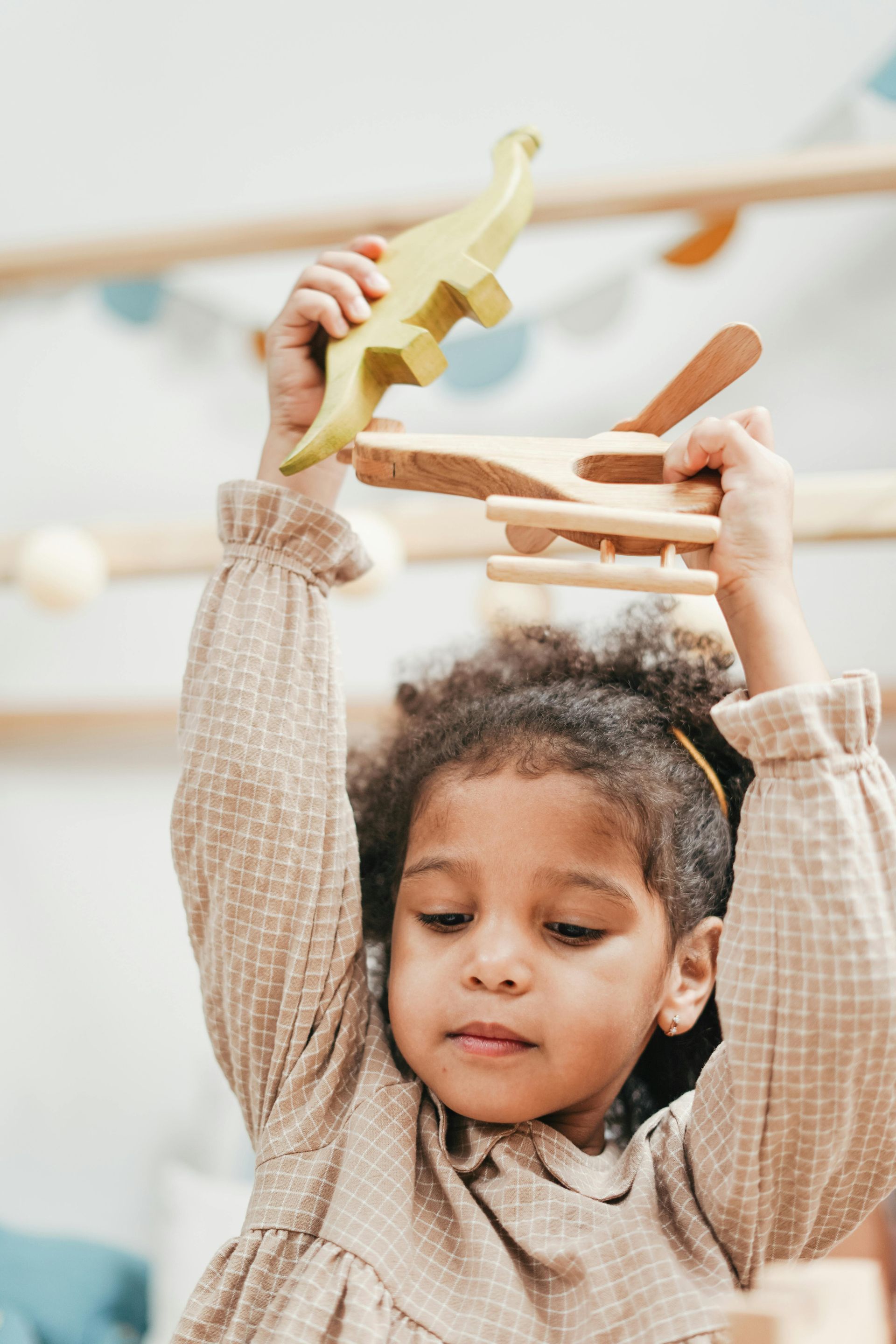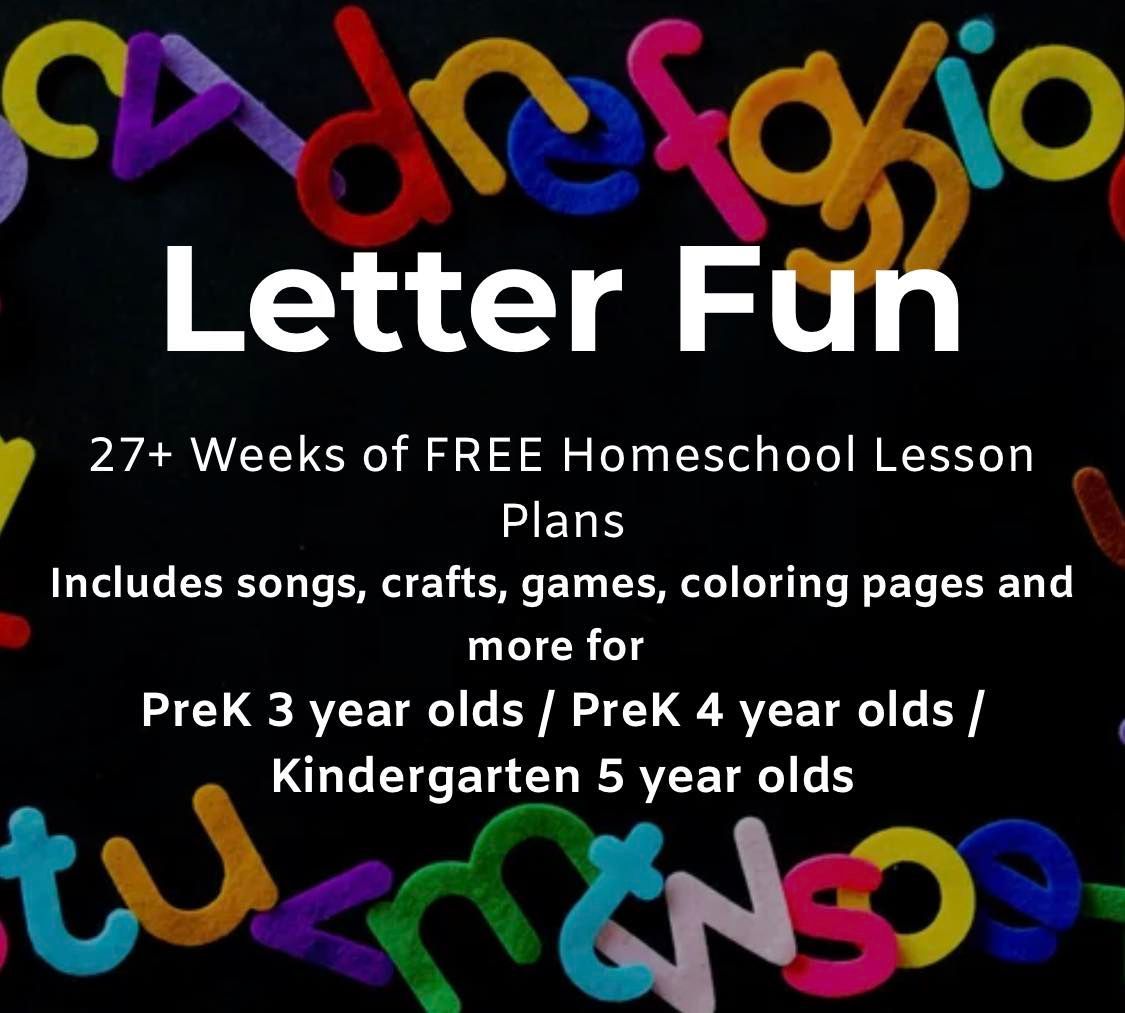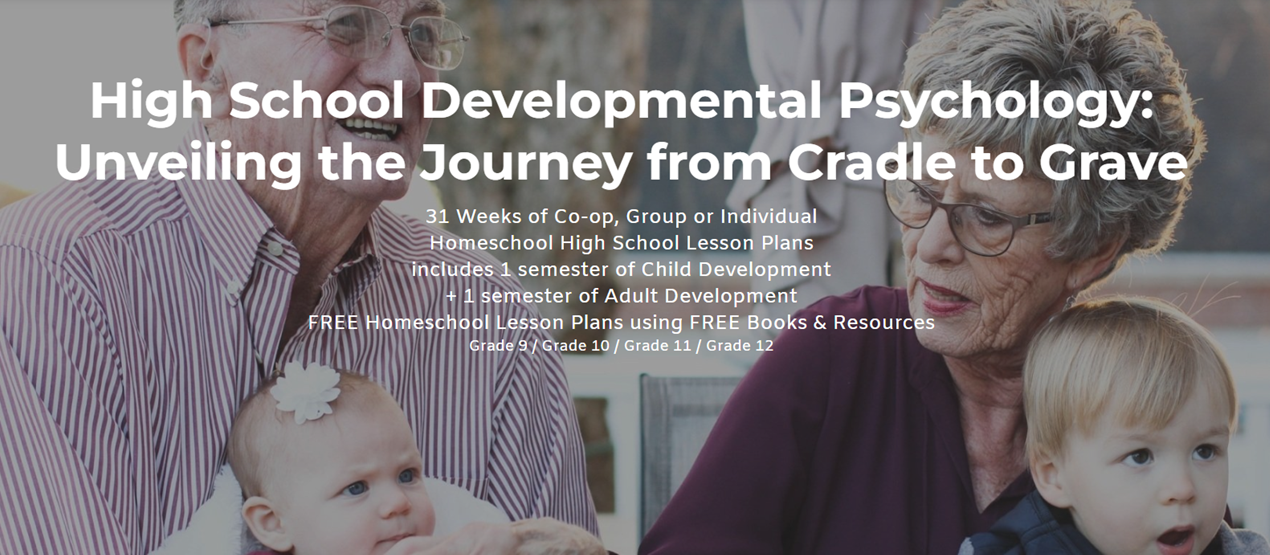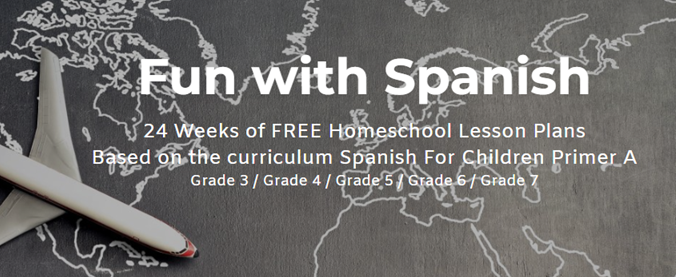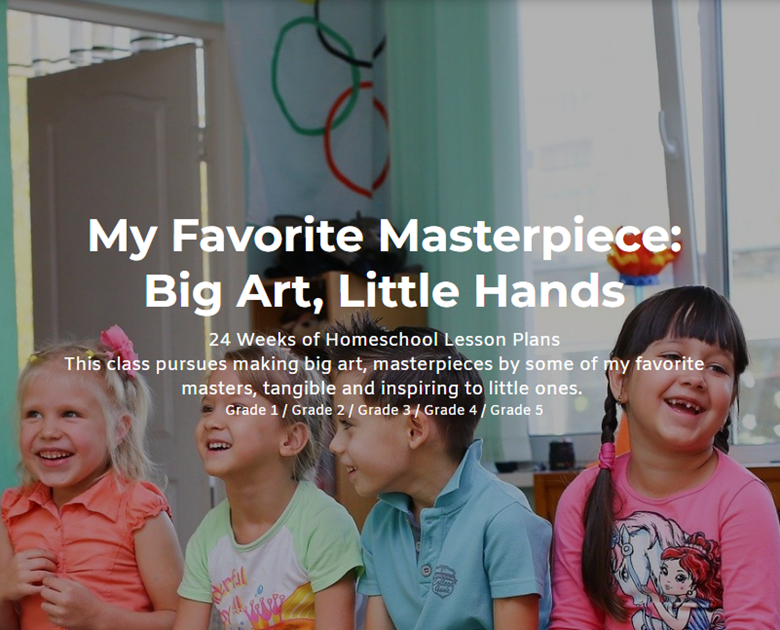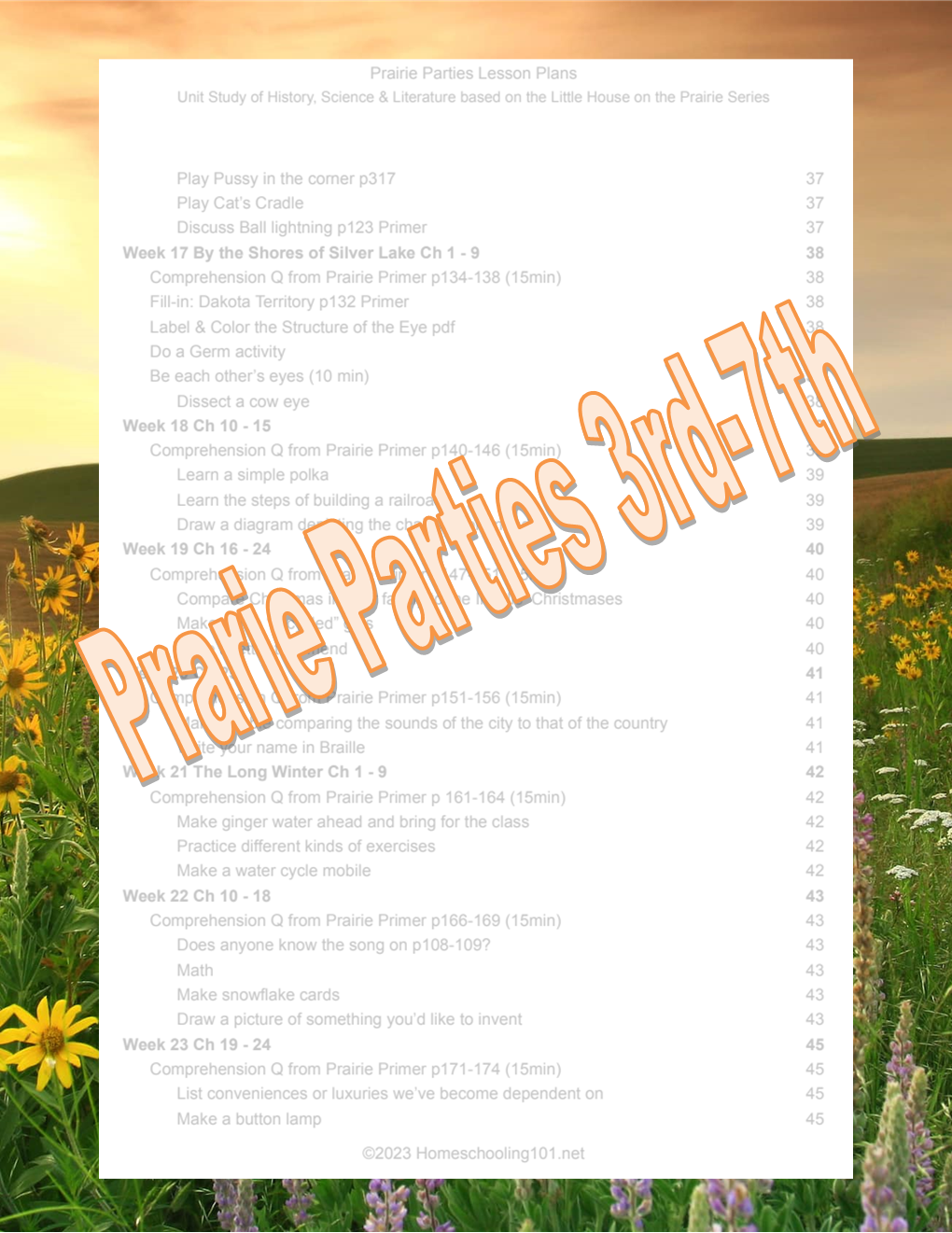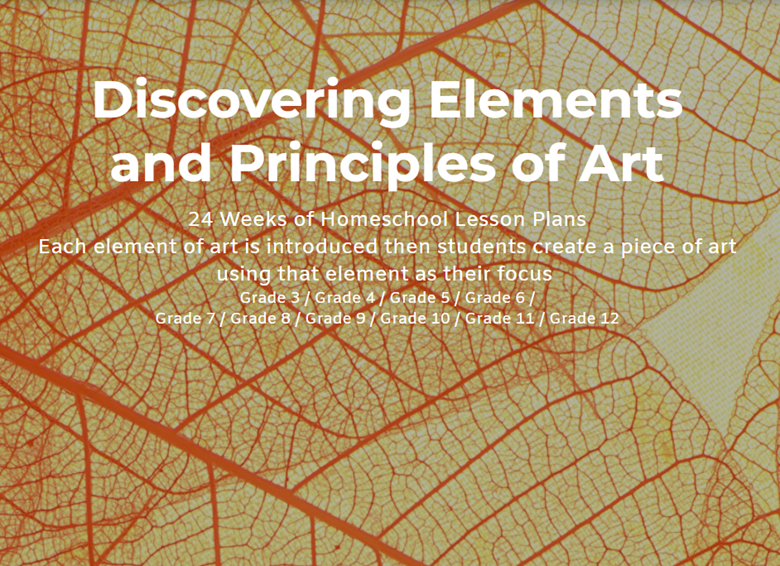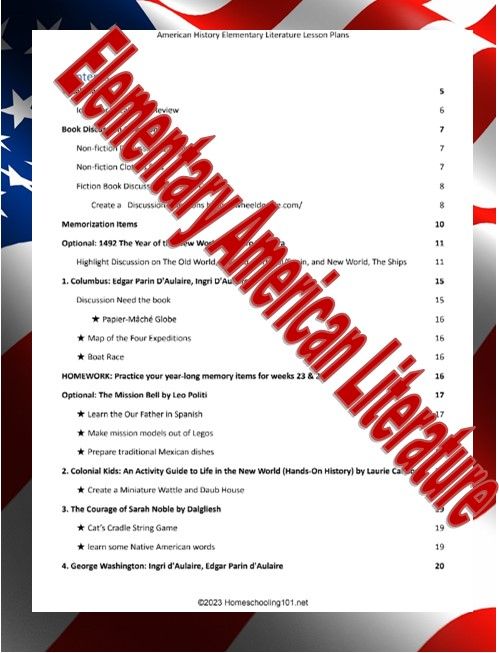555-555-5555
Kindergarten's Power of Play
A Philosophy of Homeschool Kindergarten Backed by Science
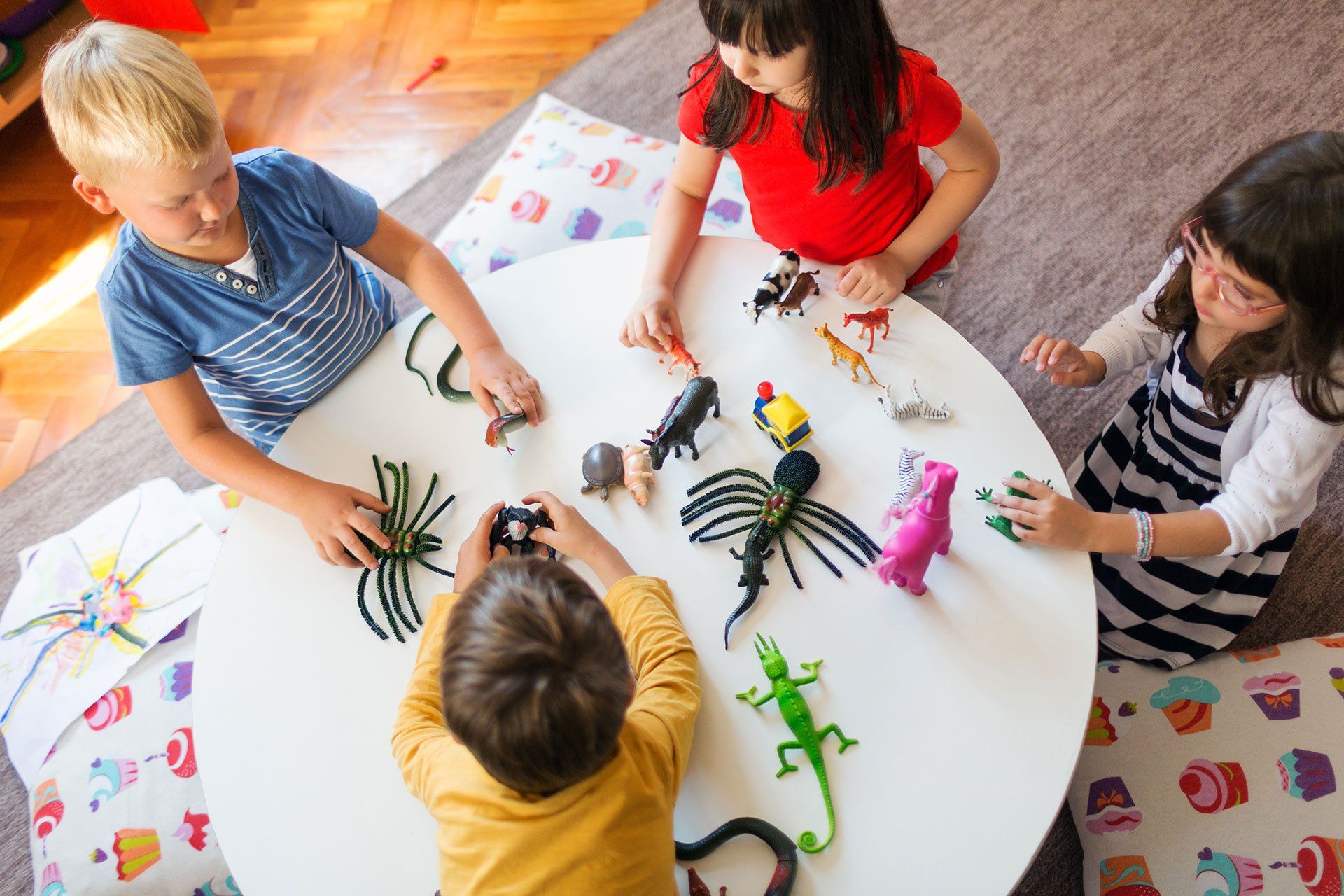
Kindergarten serves as a foundational period in a child's educational journey, much like a garden where young minds flourish through exploration and play. By fostering an environment free from undue pressure or punishment, children can cultivate a strong sense of self-identity and achieve positive educational outcomes. This philosophy emphasizes the importance of play-based learning and the use of everyday items as tools to enrich the learning experience.
The Power of Play-Based Learning
Play is a vital component of early childhood development. It encourages creativity, problem-solving, and social skills. According to the National Association for the Education of Young Children (NAEYC), free play promotes children's initiative, independence, and problem-solving abilities, contributing to their social and emotional development. Furthermore, research indicates that play-based learning can enhance cognitive flexibility, self-control, and working memory, leading to academic and real-world success.
Everyday Items as Learning Tools
Incorporating common household objects into learning activities can make education both accessible and engaging. Simple items can serve as effective tools for teaching various concepts.
- Plastic Cups: Useful for sorting exercises, helping children develop categorization skills.
- Cardboard Boxes: Can be transformed into building projects or used in dramatic play, fostering creativity and spatial awareness.
- Measuring Cups and Spoons: Facilitate lessons in counting, measuring, and understanding volume, integrating practical math skills into everyday activities.
- Toilet Paper Rolls: Can be repurposed for art projects, enhancing fine motor skills and imaginative play.
By engaging with these items, children learn through exploration and experimentation, which supports their cognitive development and problem-solving abilities. Many everyday items are included in our homeschool kindergarten lesson plans we offer for FREE.
Building a Strong Sense of Self-Identity
An environment that encourages play without the fear of failure allows children to develop confidence and self-awareness. Through play, children can express themselves, explore their interests, and understand their capabilities. This self-directed exploration is crucial for building a positive self-identity and fostering a lifelong love of learning.
Positive Educational Outcomes
The benefits of a play-based, pressure-free kindergarten experience extend into later educational stages. Studies have shown that children who engage in play-based learning exhibit improved literacy and numeracy skills. For instance, interactive games involving object manipulation and counting enhance students' numeracy skills. Moreover, play-based learning aligns with the development of 21st-century skills, such as critical thinking and collaboration, which are essential for future academic and professional success.
This philosophy of kindergarten permeates our free homeschool kindergarten lesson plans. By embracing the philosophy of kindergarten as a garden of learning, where play is central and everyday items become instruments of discovery, we lay the groundwork for children to develop into confident, capable, and curious individuals.
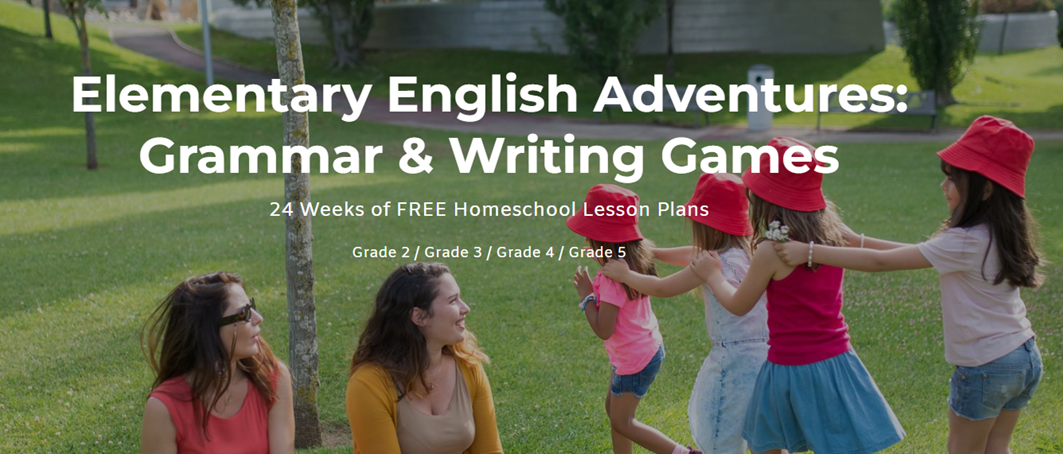

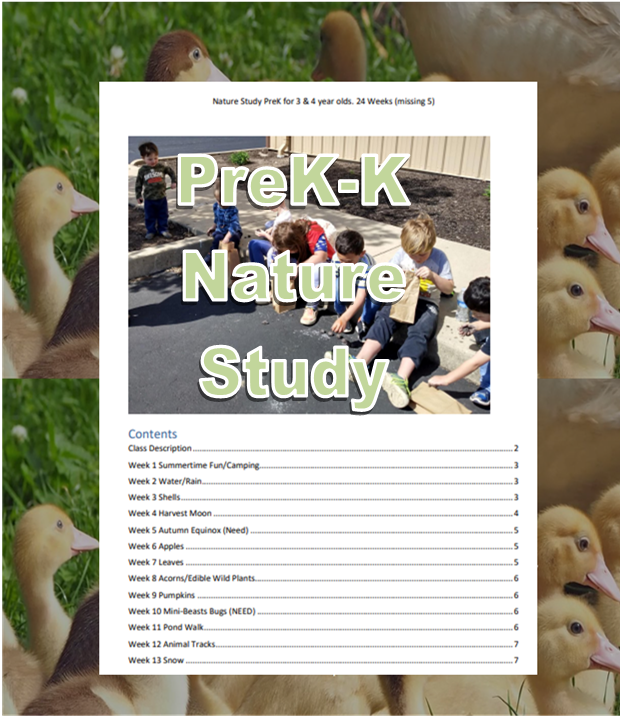
Check out all our FREE homeschool lesson plans with video helps!
EVERYTHING a homeschooler needs - Nearly all on this site is FREE
You don't have to homeschool alone!
Free Homeschool Lesson Plans & Printables
I'm NEW to homeschooling! What do I do?

| Homeschooling101.net



